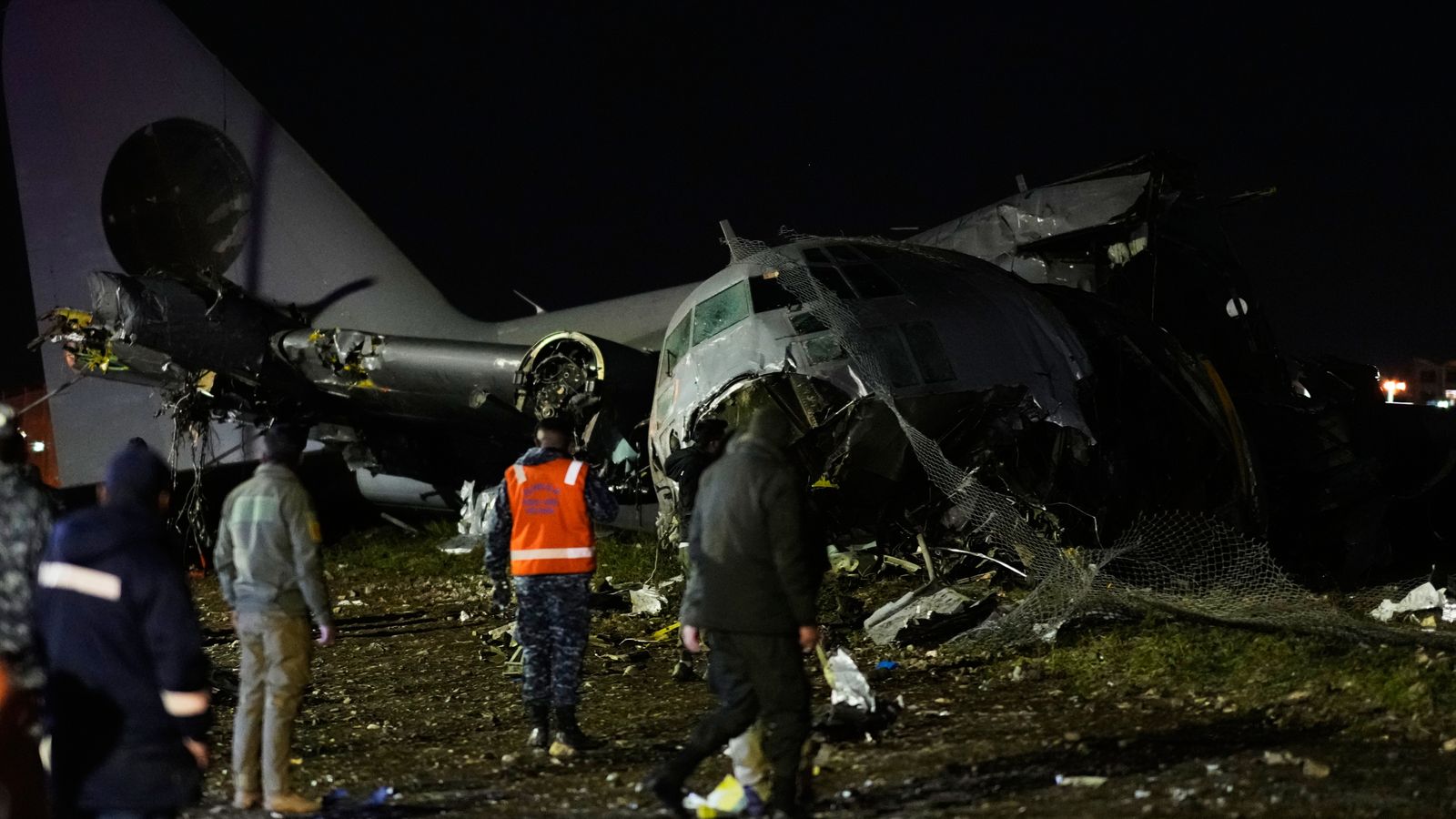Countries negotiating a global treaty to curb plastic pollution have failed to reach an agreement, with oil-producing nations opposing a cap on production.
A meeting in Busan, South Korea, was meant to be the fifth and final round of talks, but negotiators remain far apart on the basic scope of the deal and could only agree to postpone key decisions to a later date.
More than 100 countries want to see a cap on plastic production, while many want to put legally binding controls on the toxic chemicals used in the process.
But a small number of petrochemical-producing nations, such as Saudi Arabia, have strongly opposed the efforts, wanting only to target waste.
In March 2022, 175 nations agreed to make the first legally binding treaty on plastics pollution, including in the oceans, by the end of 2024.
The world produces more than 400 million tons (363 million tonnes) of new plastic every year, while production could climb about 70% by 2040 without policy changes.
Read more:
From 2020: Plastic Nile
Three-quarters of fish in world’s longest river contain microplastics
Microplastics in blood linked with early death
For any proposal to make it into an agreement, every nation must agree to it.
On the last scheduled day of talks on Sunday, the treaty draft still had multiple options for several key sections.
Some delegates and environmental organisations said it had become too watered down, including negotiators from Africa, who said they would rather leave Busan without a treaty than with a weak one.
Ghana’s lead negotiator Sam Adu-Kumi said, in his country, communities, bodies of water, drains and farmlands are choked with plastics, and dumping sites full of plastics are always on fire.
“We want a treaty that will be able to solve it,” he said. “Otherwise we will go without it and come and fight another time.”
Read more from Sky News:
Russian jets strike Syria
How Ireland voted in charts
Saudi Arabia’s negotiator said chemicals and plastic production are not within the scope of the treaty and that there should be no problem if the world addresses pollution.
Luis Vayas Valdivieso, the committee chairman from Ecuador, said that while they made progress in Busan, their work is far from complete and they must be pragmatic.
He said countries were the furthest apart on proposals about problematic plastics and chemicals of concern, plastic production and financing the treaty, as well as the treaty principles.














